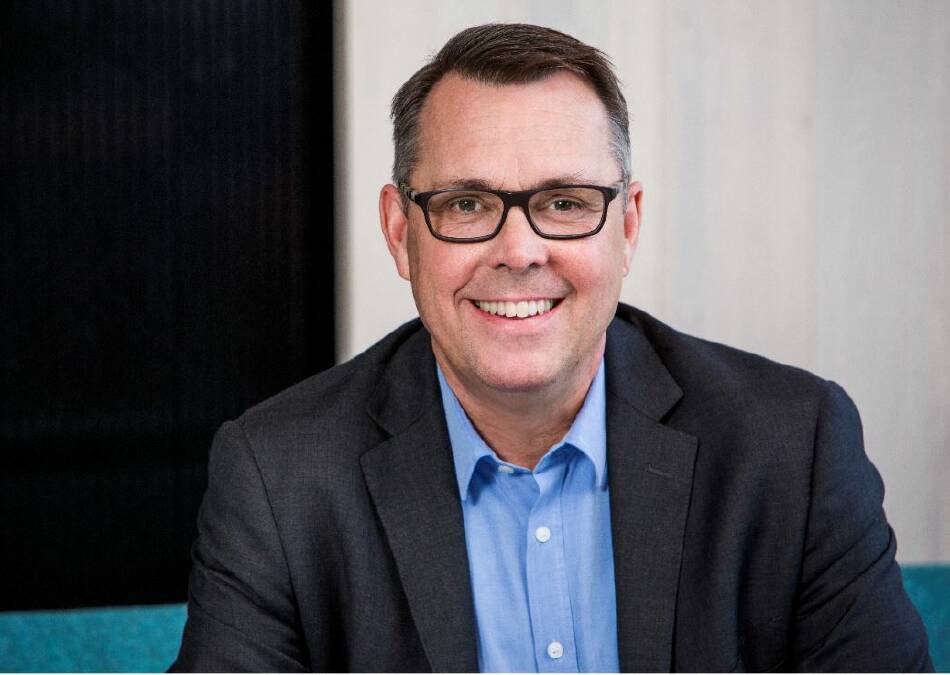
Australia is lagging further behind other nations for investment in research and development, Universities Australia chair Professor John Dewar says.
In a National Press Club address on Wednesday, Professor Dewar will argue that universities are essential to grow the economy, boost productivity and address critical workforce shortages.
"For every dollar we invest in university teaching, we get three dollars back,' Professor Dewar will say.
"For every dollar we invest in university research, we get five dollars back.
"In fact, if we could lift investment in higher education research and development by just one per cent we could lift productivity and increase the size of Australia's economy by $28 billion over 10 years."
The international education sector was worth $40 billion per year in export income before the pandemic.
This has dropped to $22 billion but Professor Dewar will say it still represents the country's largest services export industry and the fifth-largest export industry overall.
He will draw attention to Australia's dropping investment in research and development as a percentage of gross domestic product compared to other nations, which is 5.1 per cent in Israel, 4.6 per cent in South Korea and 3.2 per cent in the United States.
"Across the OECD the figure is going up. But in Australia, it's going down.
"Overall research and development spending, as a proportion of GDP, declined from 2.25 per cent in 2008-09 to 1.79 per cent when the last figures were gathered in 2020.
"It's not surprising therefore that national productivity has slowed."
Professor Dewar will say the millennials are the most highly educated generation in history. In the late 1960s only 1 per cent of Australia's population had a university degree, whereas in May 2021, 31 percent of Australians aged 15 to 74 had a bachelor's degree or higher.
"The really amazing figure, though, is what's happening with young women.
"Last year, a significant milestone was reached. 50.3 per cent - more than half - of all young women aged 25 to 34 now hold a bachelor's degree or higher. Up from just 26 per cent in 2001."
Professor Dewar is expected to discuss the contentious job ready graduates package which increased student fees for humanities courses.
He will also discuss the number of student places needed to address skills shortages and the need for a sustainable research system to drive productivity.
We've made it a whole lot easier for you to have your say. Our new comment platform requires only one log-in to access articles and to join the discussion on The Canberra Times website. Find out how to register so you can enjoy civil, friendly and engaging discussions. See our moderation policy here.







